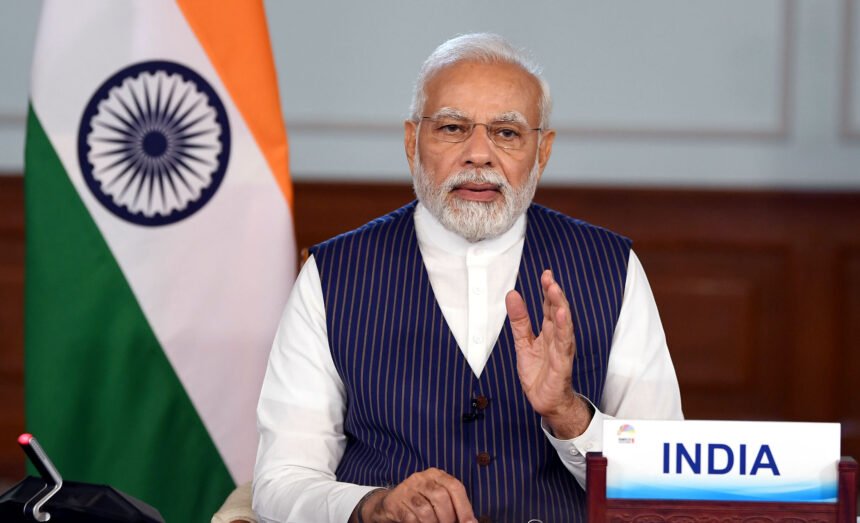In a recent development, BJP President J P Nadda and Prime Minister Narendra Modi have taken aim at the opposition’s decision to name its alliance as “INDIA.” Drawing a comparison to changing a child’s name to alter perceptions, Nadda expressed his disapproval on Twitter, stating that the tactic wouldn’t be effective in this case. Meanwhile, PM Modi went a step further and invoked historically reviled names like the East India Company and Indian Mujahideen to emphasize that the use of the country’s name alone cannot sway public opinion.
The opposition’s move to christen its alliance as “INDIA” has sparked a debate in the political arena. The intention behind the name change appears to be an effort to create a positive association with the alliance, much like how parents might change a child’s name to improve their image. However, BJP leaders, Nadda and Modi, have voiced their skepticism regarding this approach, implying that such a superficial tactic might not alter public sentiment significantly.
BJP President J P Nadda took to Twitter to express his thoughts on the matter. Drawing an analogy, he shared a hypothetical tale of a child who performed poorly in exams and was disliked by his peers and neighbors. The parents, wanting to change the child’s perception, decided to change his name. In a similar vein, Nadda insinuated that the opposition’s attempt to rebrand themselves with the name “INDIA” might not yield the desired outcome. He didn’t elaborate further on his opinion but left it to the public to draw their conclusions.
Prime Minister Narendra Modi, known for his oratory skills, also criticized the opposition’s alliance name during one of his public addresses. Using historical references, he mentioned the East India Company and Indian Mujahideen, which have negative connotations due to their controversial roles in the country’s history. By doing so, PM Modi implied that merely adopting the name “INDIA” does not guarantee public support or goodwill. He seemed to suggest that the public is discerning enough to see beyond superficial name changes and focus on the substance of the alliance’s policies and actions.
The opposition, on its part, has yet to respond to these criticisms from the BJP leaders. It remains to be seen whether they will defend their choice of the name “INDIA” or if they will consider any modifications in light of the feedback received.
In the larger context of Indian politics, the naming of political alliances is a common practice to garner public attention and support. Political parties often choose names that evoke nationalistic sentiments or resonate with the aspirations of the people. However, the debate ignited by BJP’s leadership indicates that the opposition’s choice of the name “INDIA” has not been well-received by their rivals, who see it as an attempt to manipulate perceptions rather than addressing real issues.
As the political landscape evolves, it is essential to recognize that a name, while carrying symbolic significance, cannot be the sole determinant of a political alliance’s success or failure. Public trust is built on transparency, accountability, and concrete actions that align with the promises made to the electorate.
The criticism voiced by BJP President J P Nadda and Prime Minister Narendra Modi regarding the opposition’s alliance name “INDIA” has added a new dimension to the ongoing political discourse. The analogy of changing a child’s name to alter perceptions, drawn by Nadda, underscores their skepticism about the potential impact of such a superficial strategy. PM Modi’s historical references serve as a cautionary reminder that the public is discerning enough to look beyond names and focus on substantive policies and actions. As the debate continues, it remains to be seen how the opposition will respond to these critiques and whether they will consider any modifications to their alliance’s name. Ultimately, it is the people of India who will determine the fate of the political alliances based on their trust in their leaders and their commitment to the nation’s welfare.




